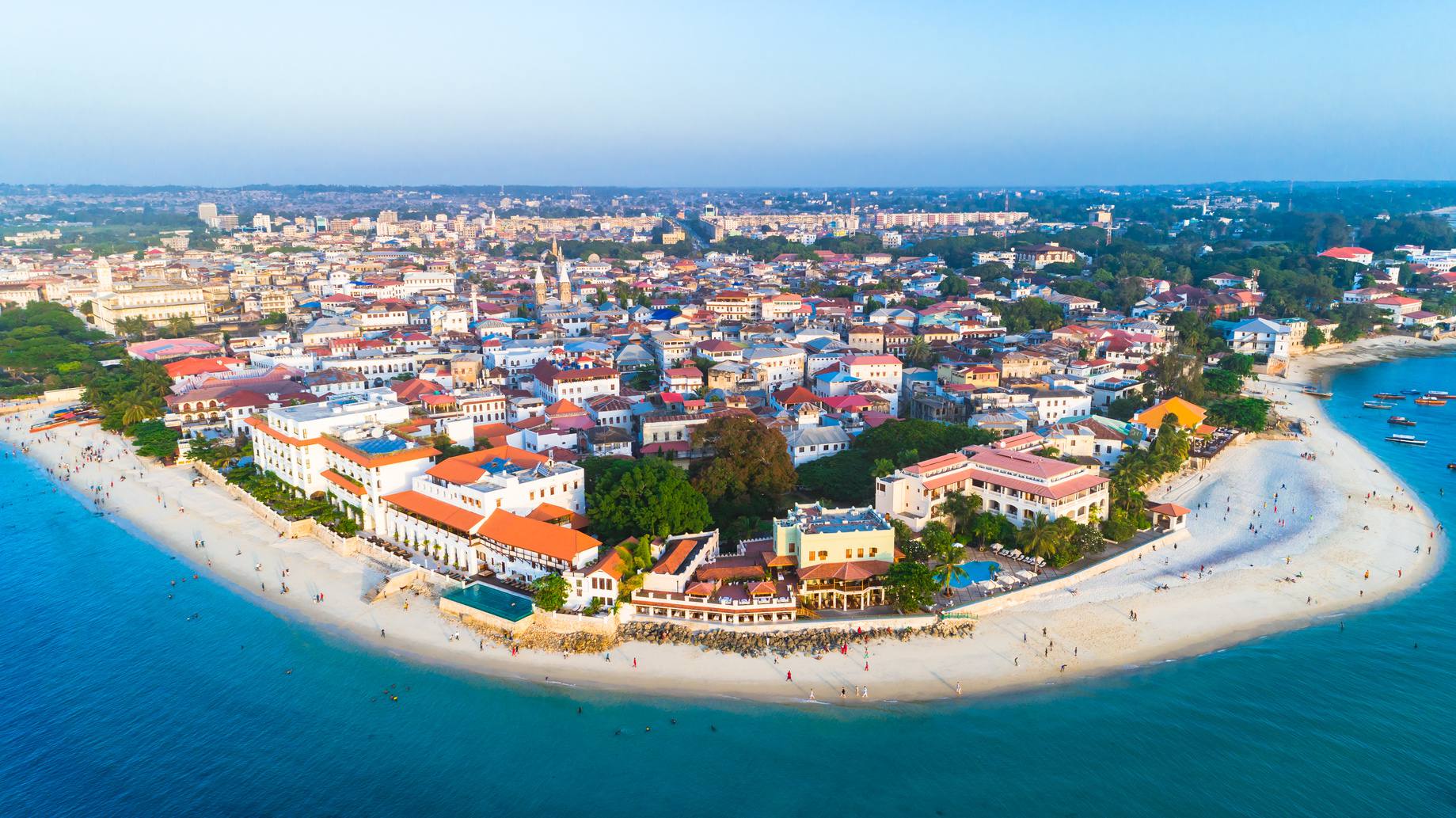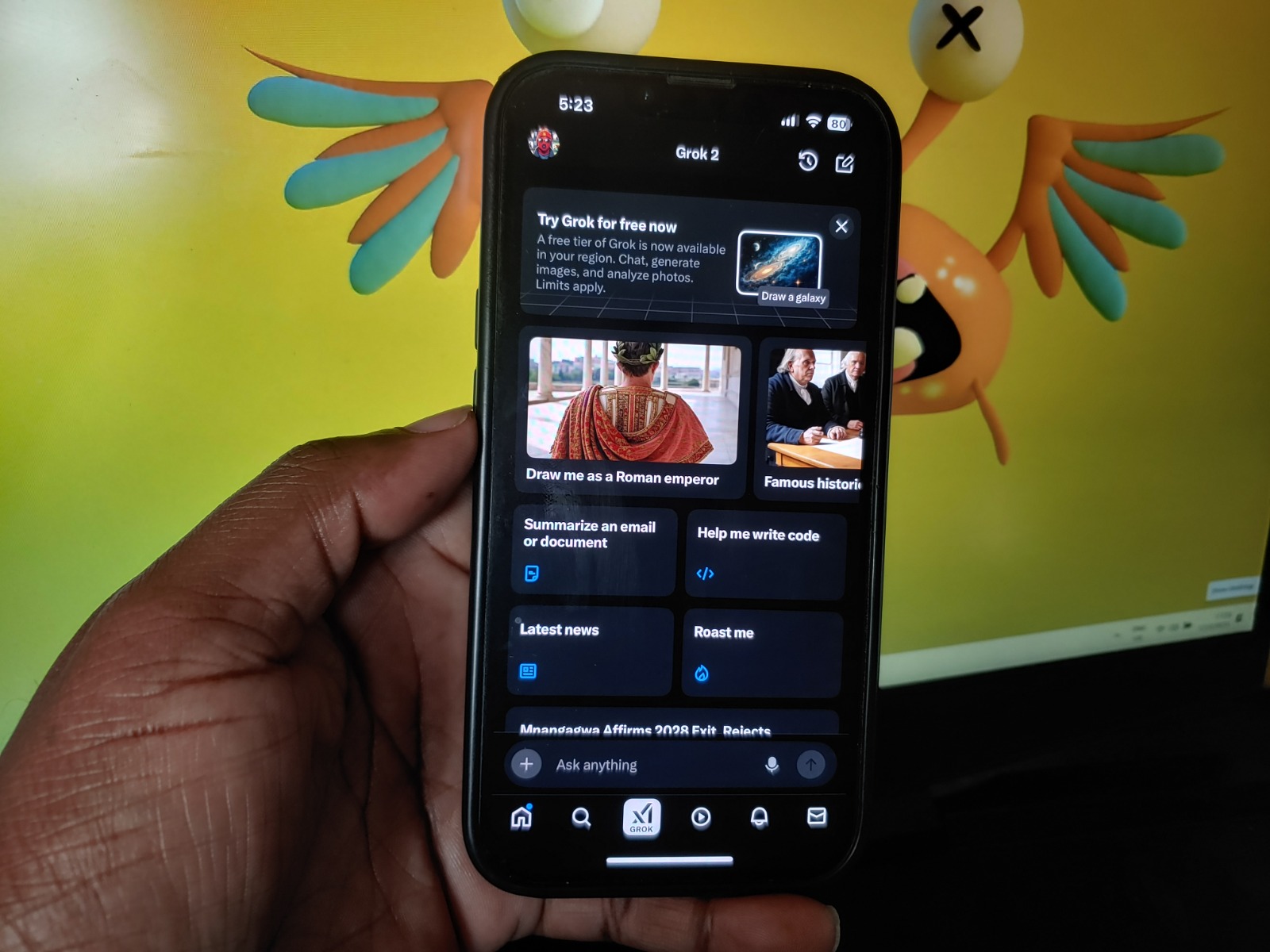If you are one of those people who really still use calls to do business and do a lot of travelling then roaming is something you really consider to be important. If like me you use WhatsApp as a primary means of communication then you do not have to go throw the pains of activating and using roaming.
Roaming is famous for being expensive with customers charged bucket loads of money per each minute they spend using their roaming services. For Telecel customers, however, there is another problem. If you want to activate roaming you have to get in touch with Telecel themselves and specifically ask for them to activate roaming on your line.
You cannot just punch a code in just as you are about to cross the border. We imagine there is some bureaucracy involved now and we think we know what to blame. Forex shortages.
To understand the problem that local operators, particularly it seems Telecel, are having let us take a brief look at how roaming works.
A short intro to roaming
If you activate roaming on your phone it means if you can still use your SIM and phone number to make calls even if you go outside the range of your network provider’s network equipment. Your phone will latch onto another network typically the one with which your service provider has a roaming agreement with.
Roaming involves two networks working together:
- Home network-refers to the network the subscriber is registered with
- Visitor network- refers to the network a subscriber roams temporarily and is outside the bounds of the “home network”
When you visit say South Africa and go outside the range of your home network your phone will automatically attempt to connect to available networks. When this happens the network you are attempting to connect to will try to determine the home network of your line and if it is successful, and there are roaming arrangements between the home network and the visitor network, you the customer will be able to make and receive calls as if you were on the home network.
The matter of billing
If you are the one visiting say South Africa and you were to connect to say MTN it means that at the end of the roaming period your Home Network has to make a payment in forex to the Visitor network for temporarily accommodating you.
For the customer, it means you will be essentially billed twice which is the reason why roaming is expensive world over. However, in the Zimbabwean case, there is another problem, forex shortages. The visitor network has to be paid in forex and not in RTGS or bond notes, unlike most operating costs.
It might explain why Telecel is now reluctant to allow customers to activate roaming on their own as was the case in yesteryears when we were swimming in USD.














Comments
One response
All good things always eventually come to end in Zim…… When have we ever enjoyed total freedom? Please someone tell me.